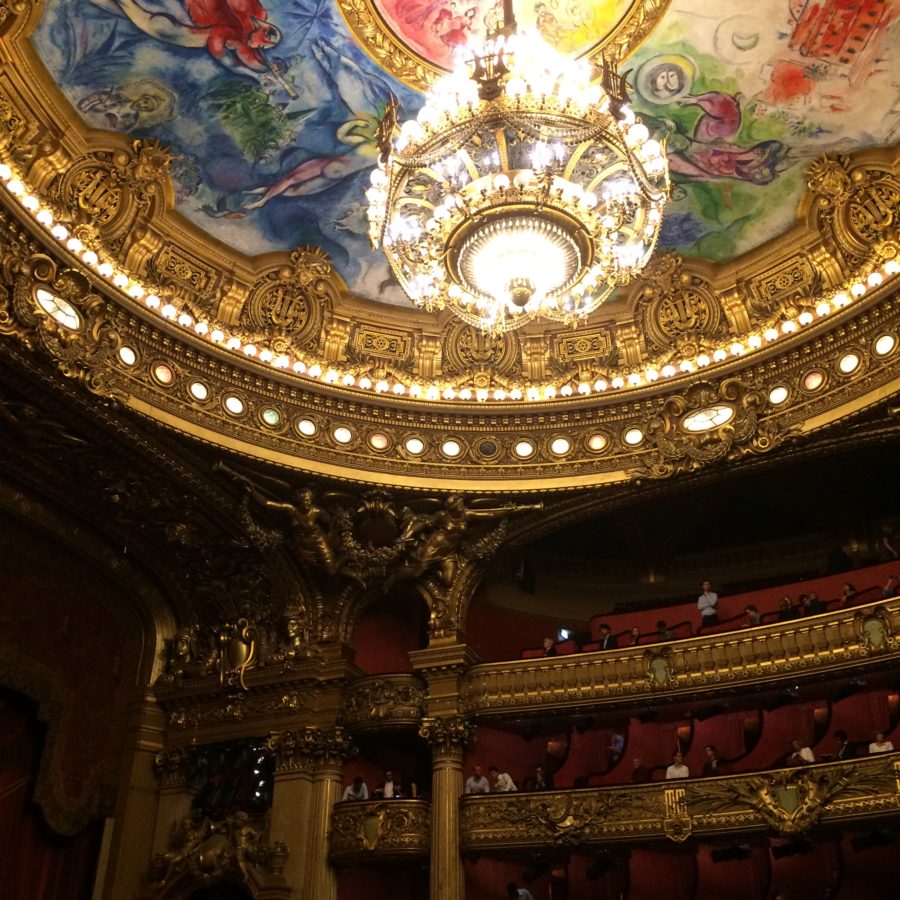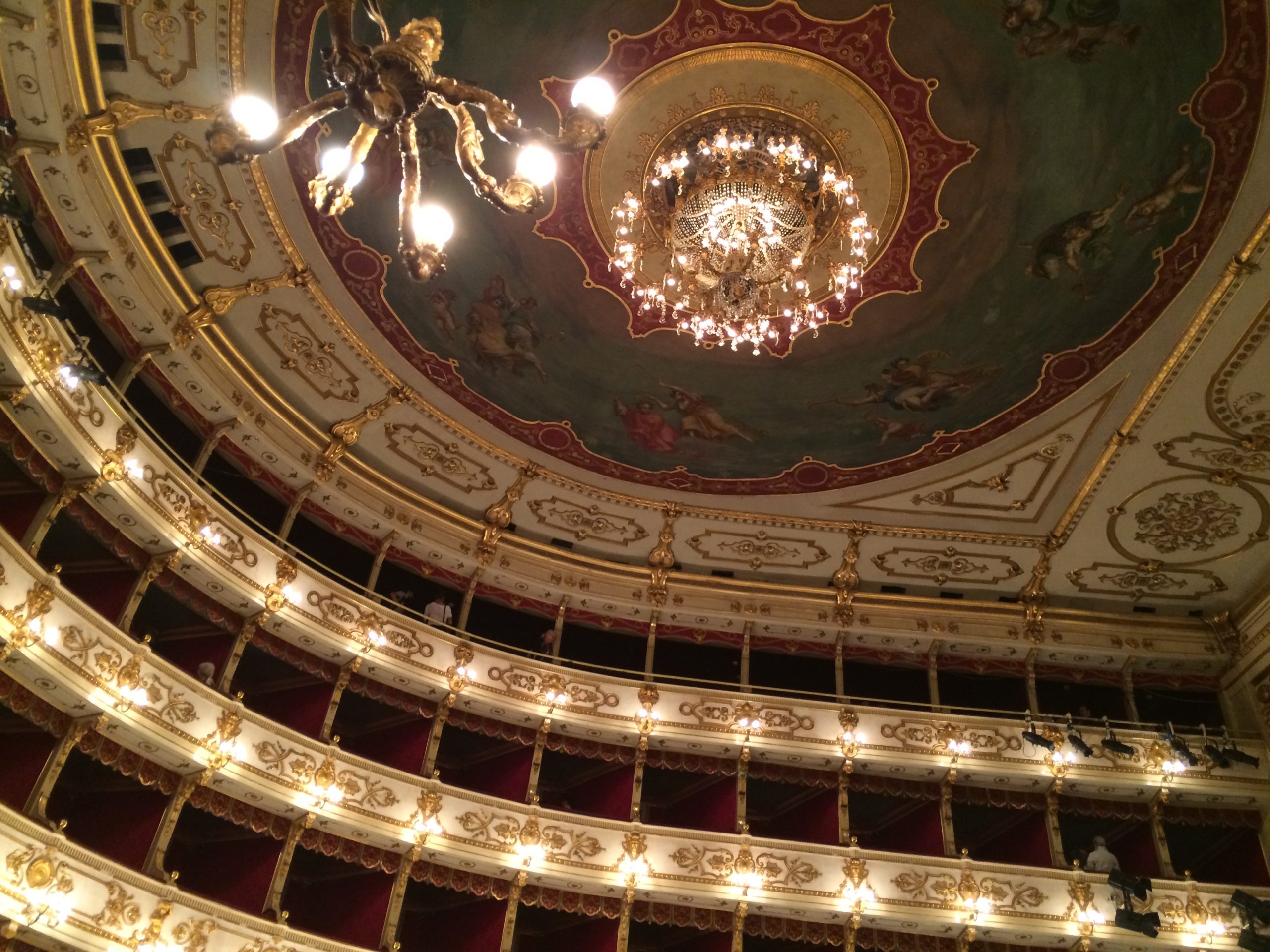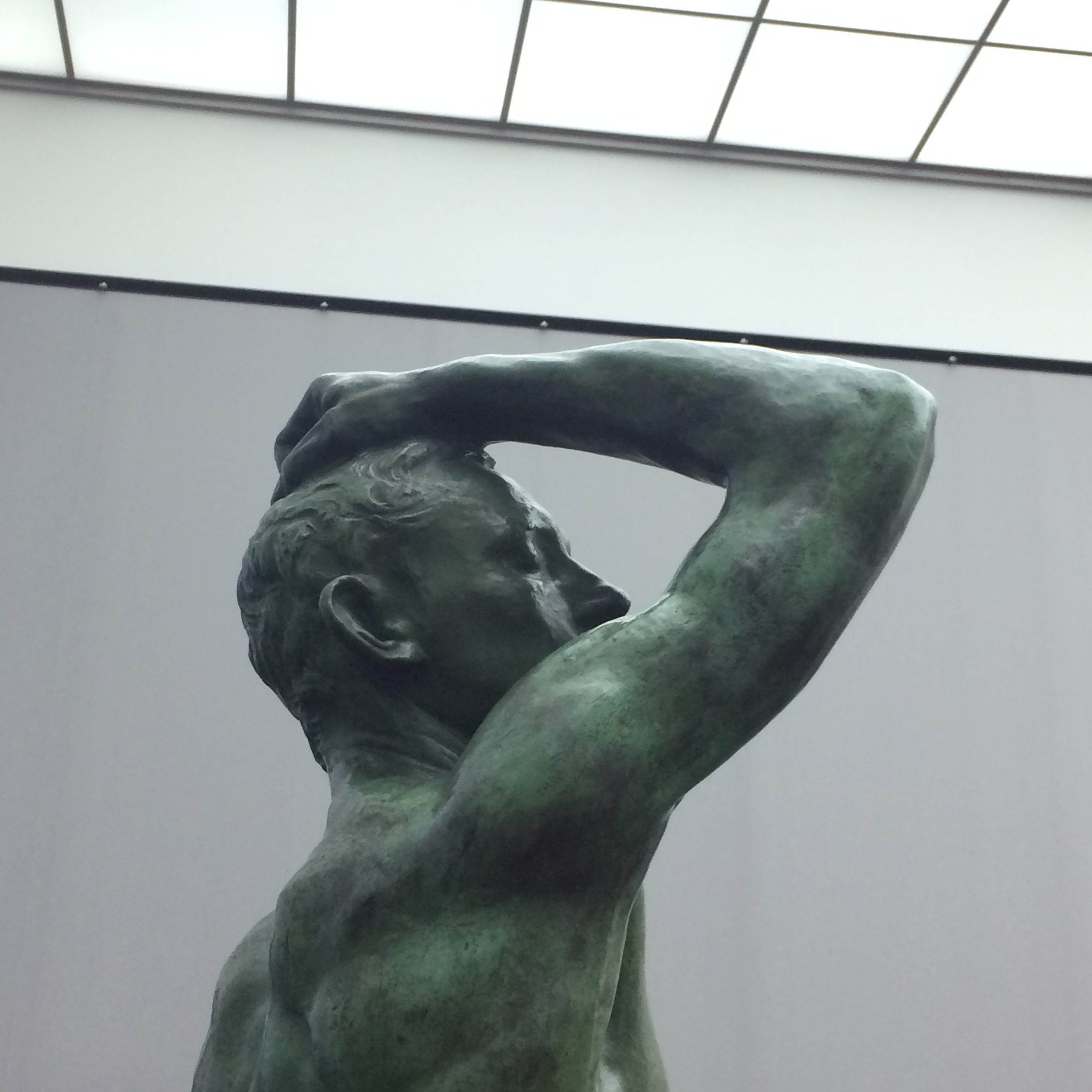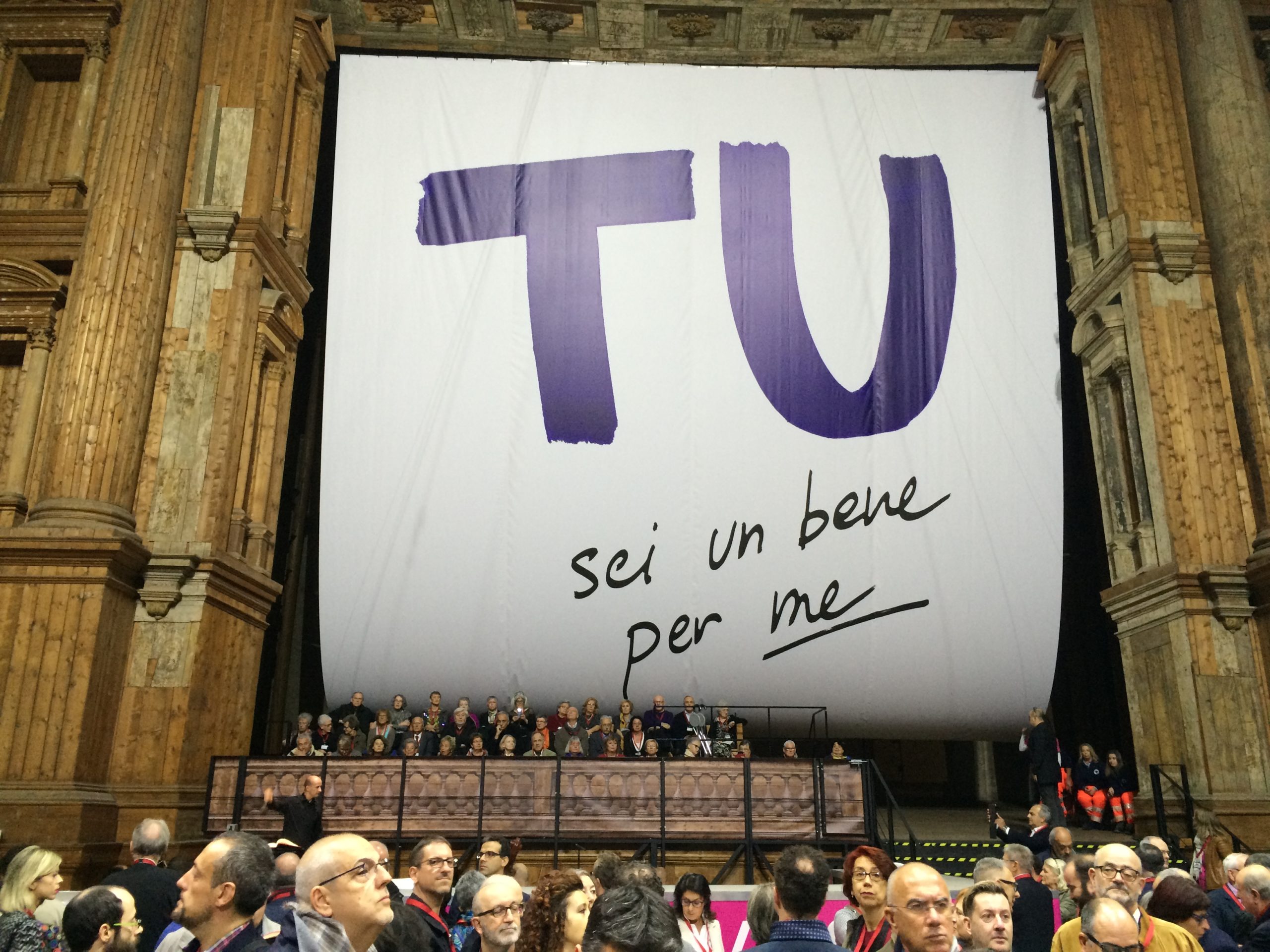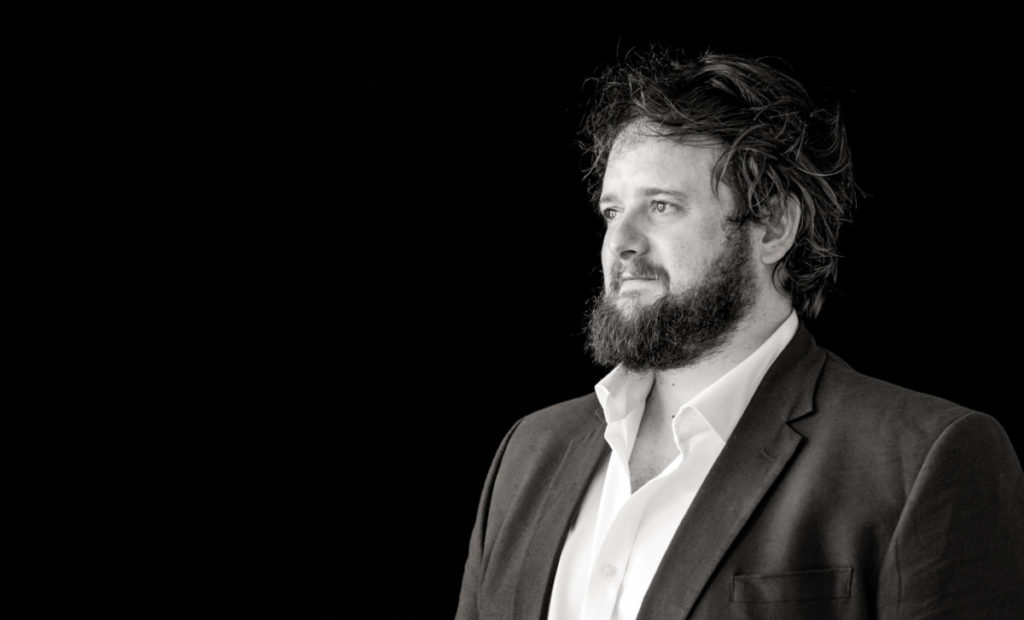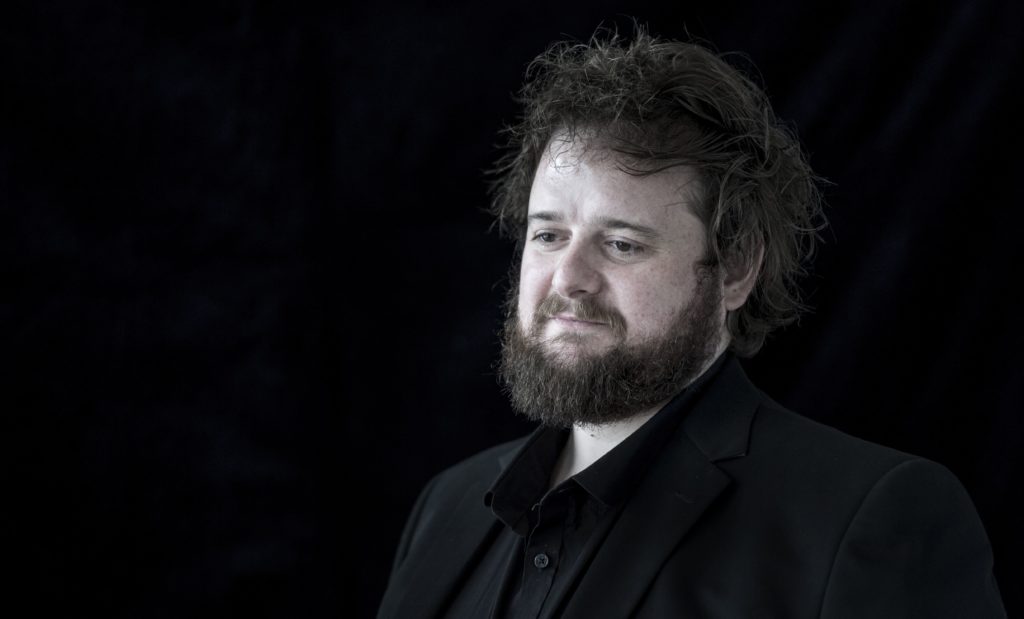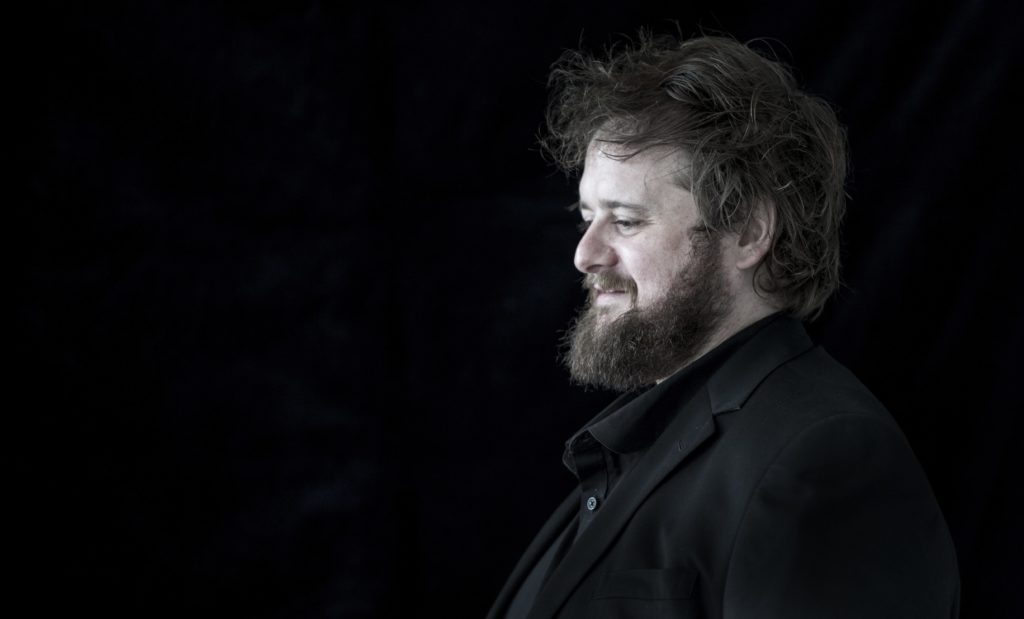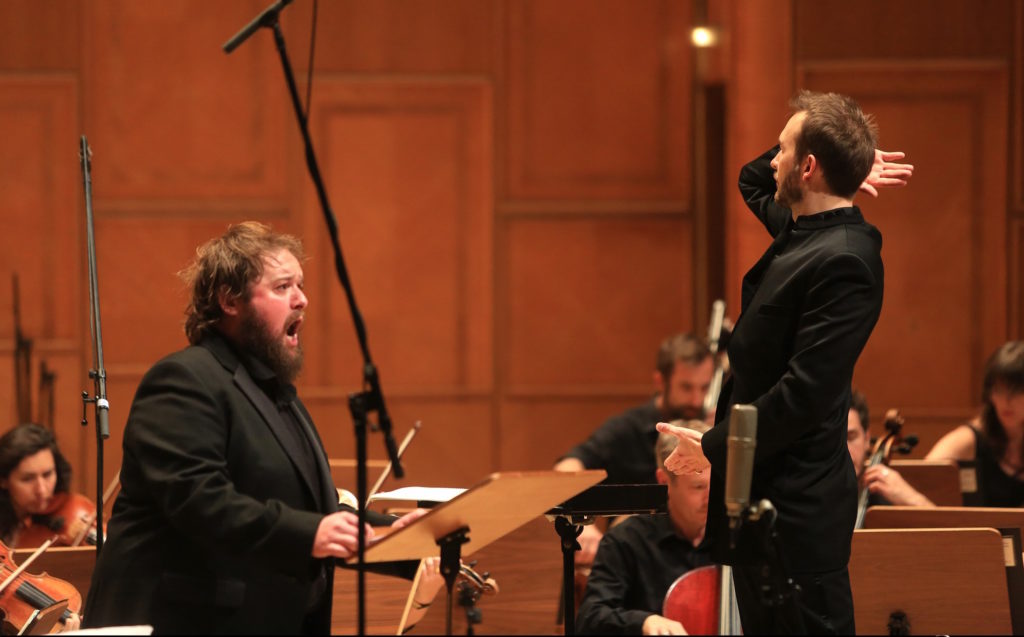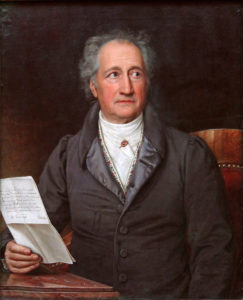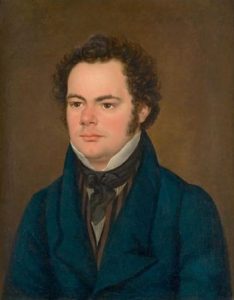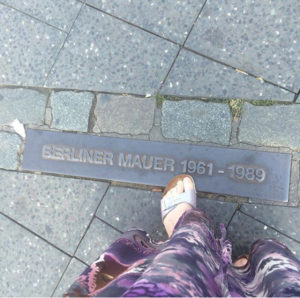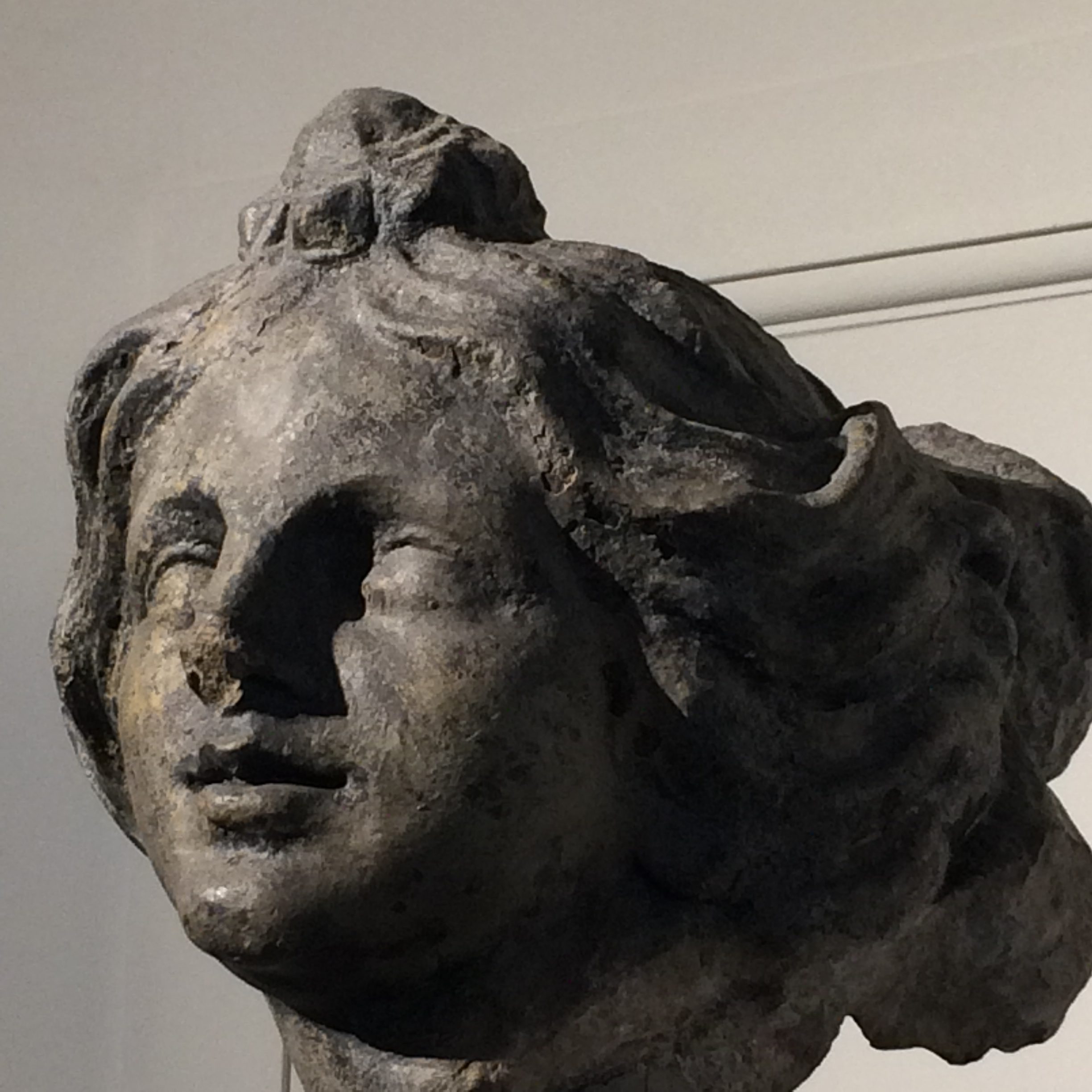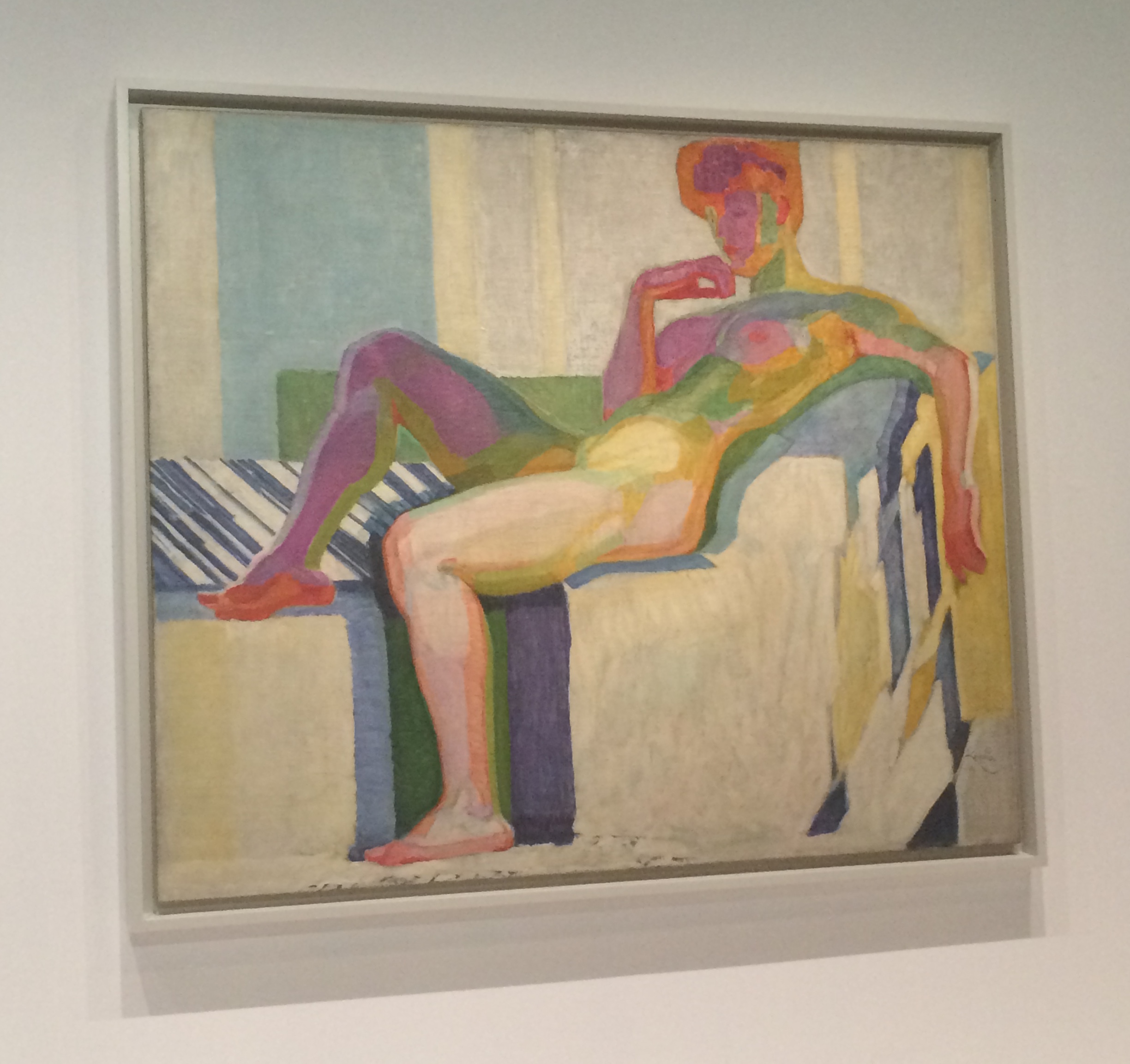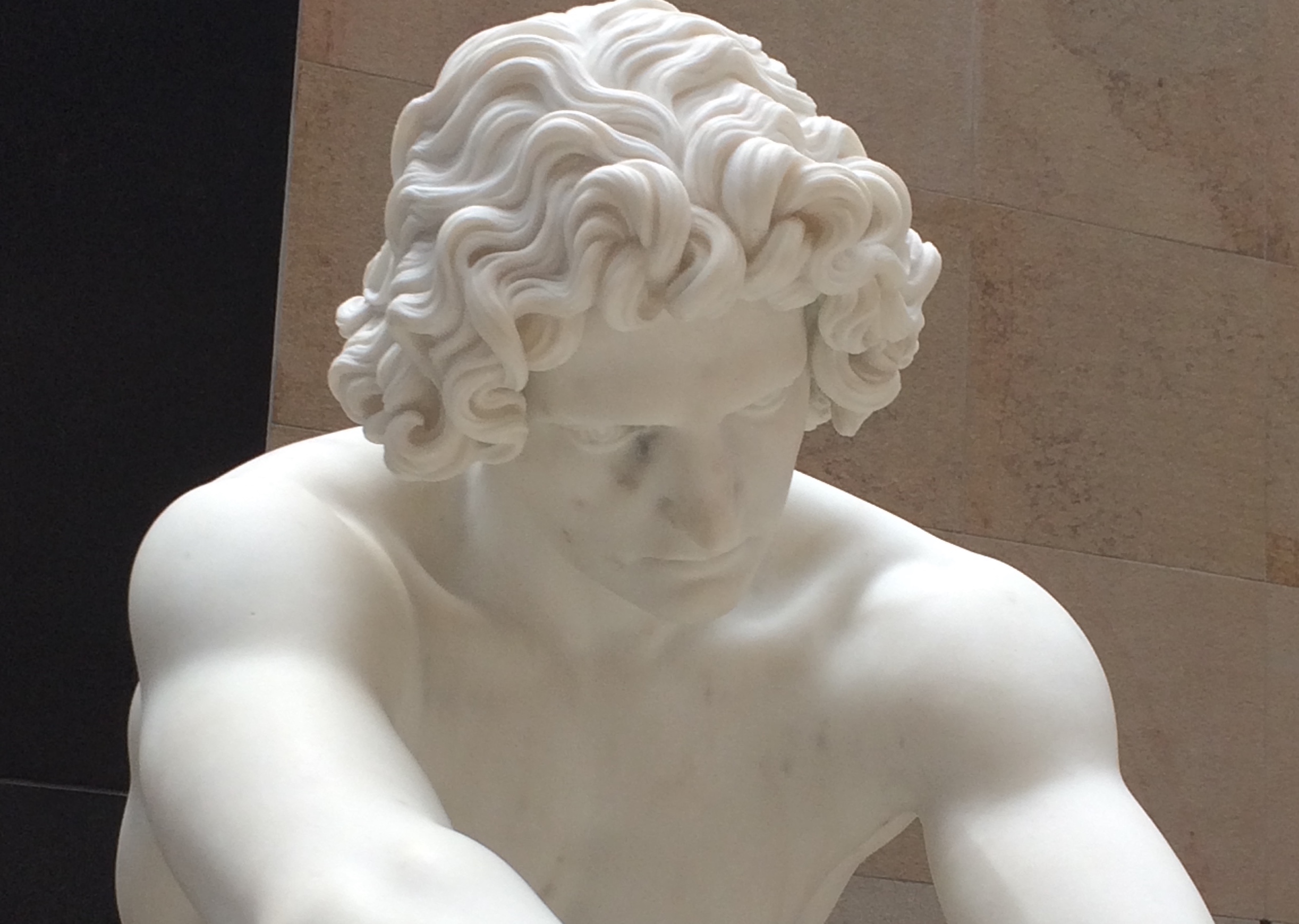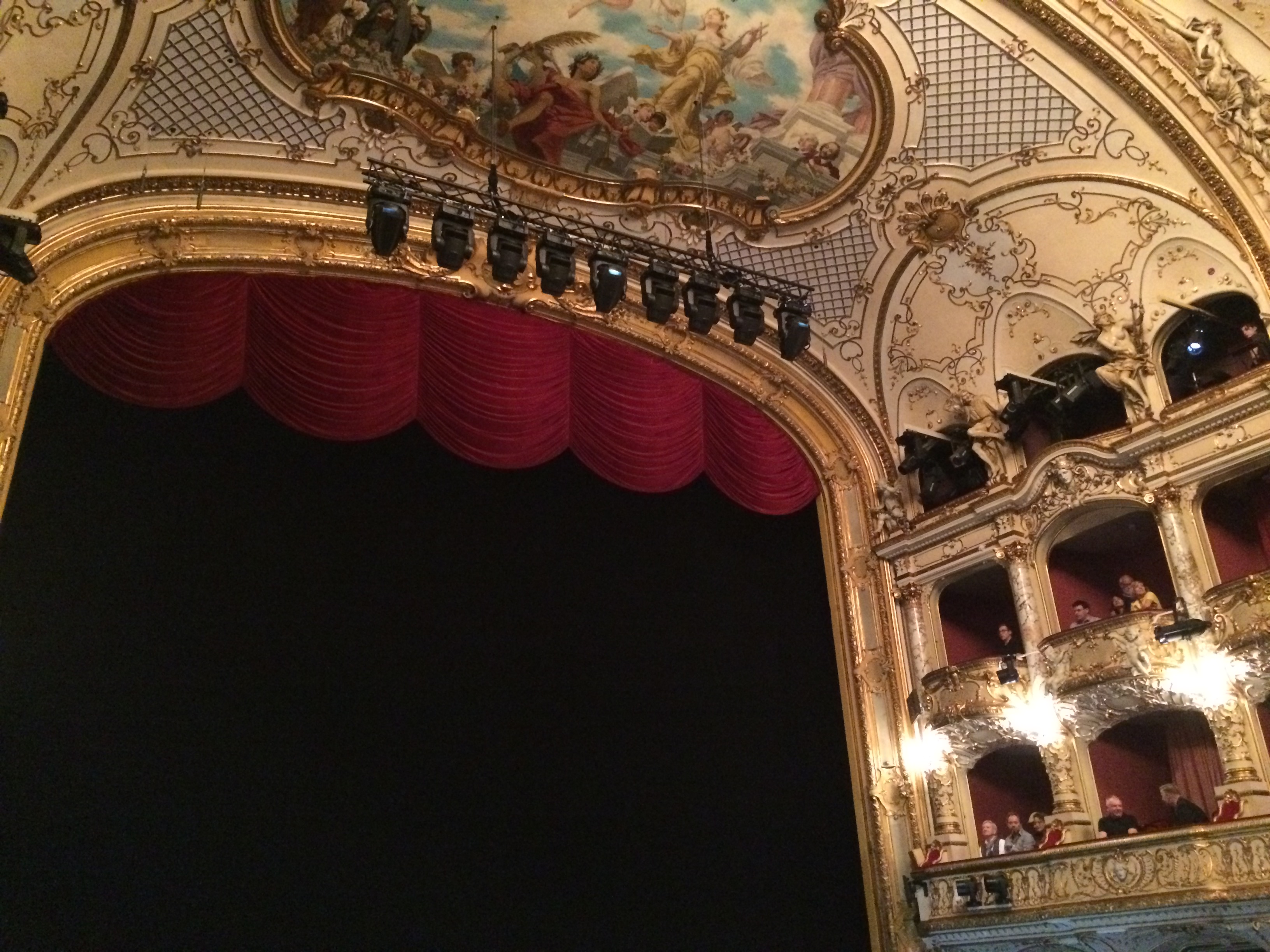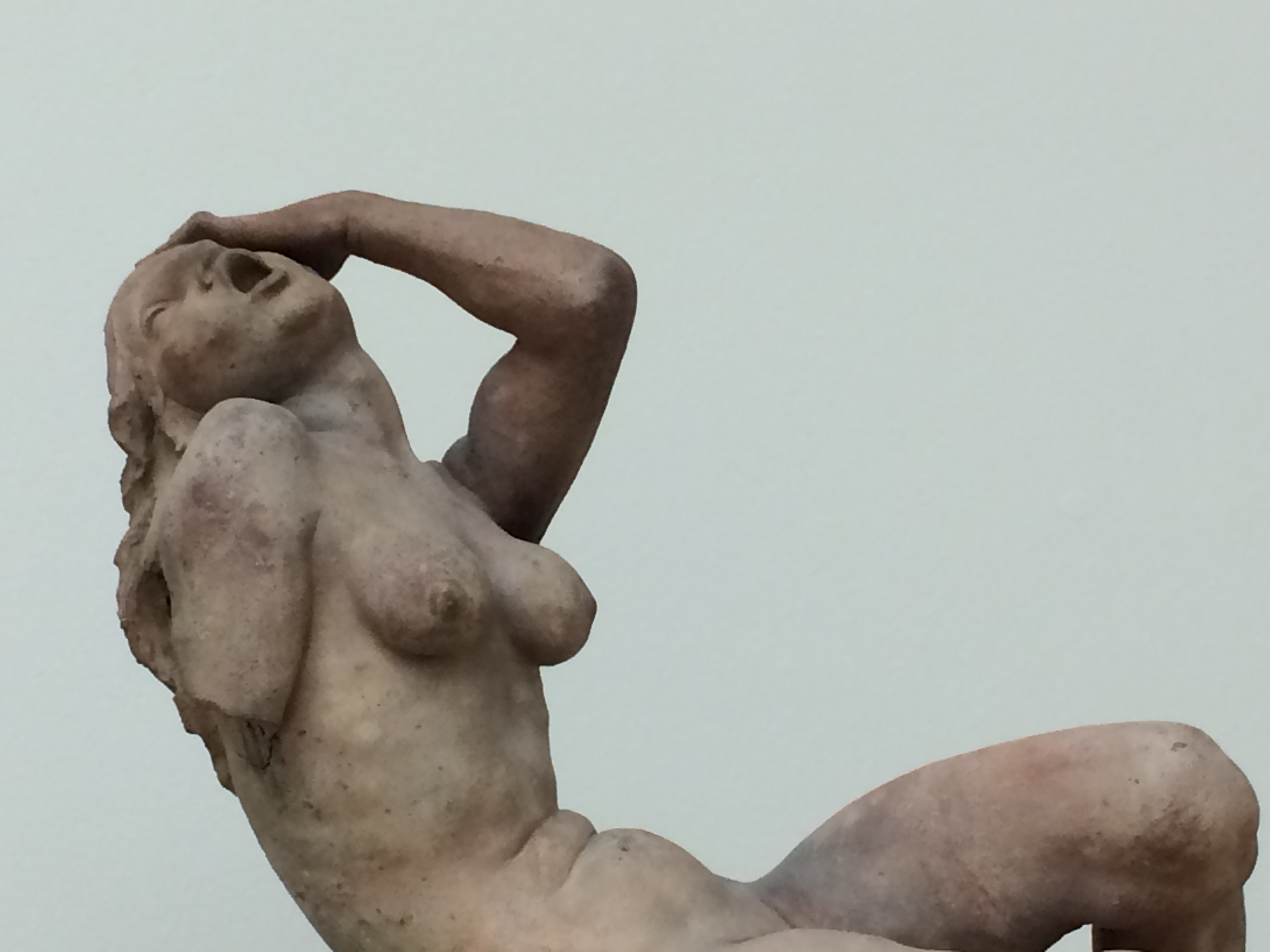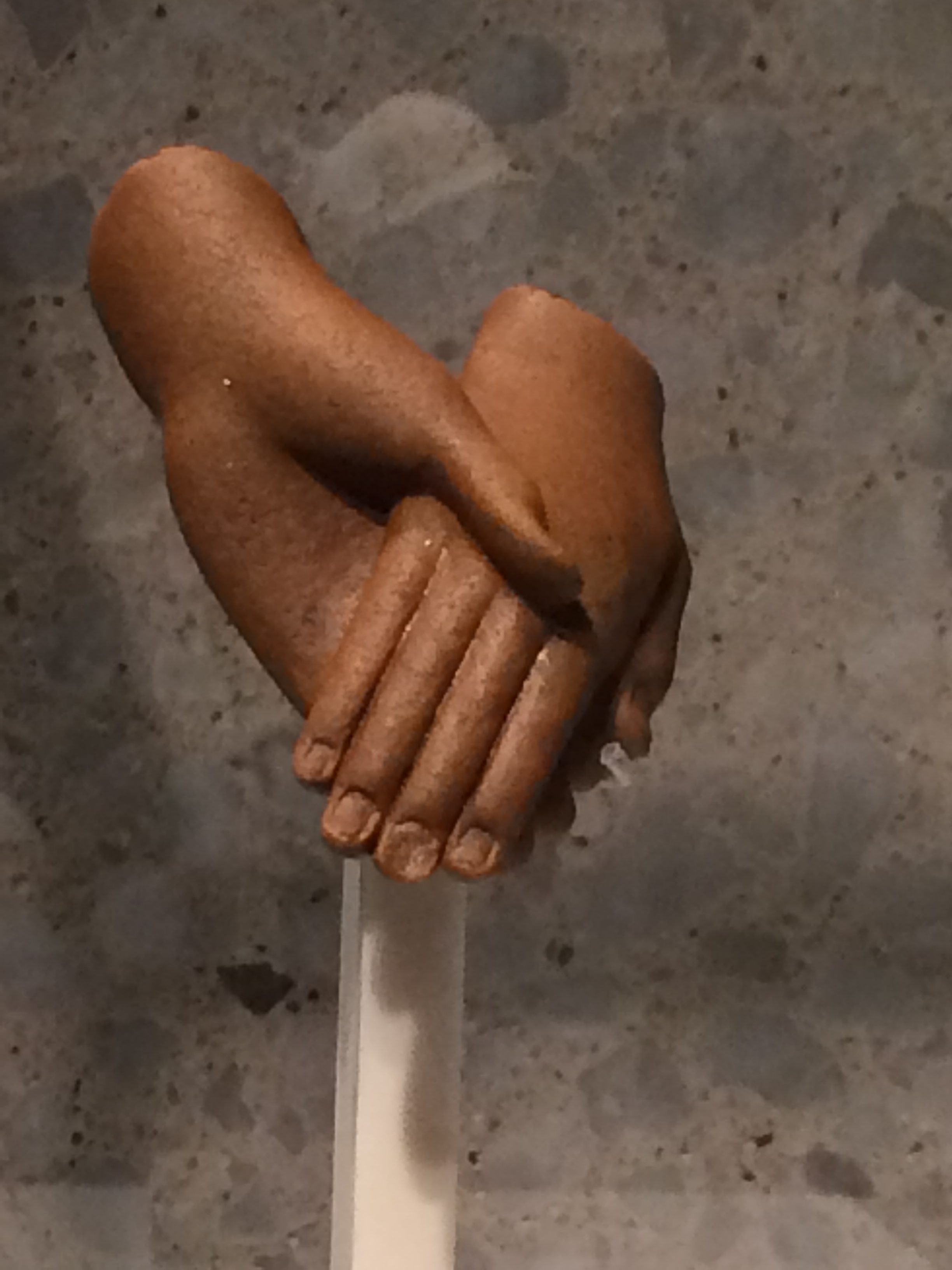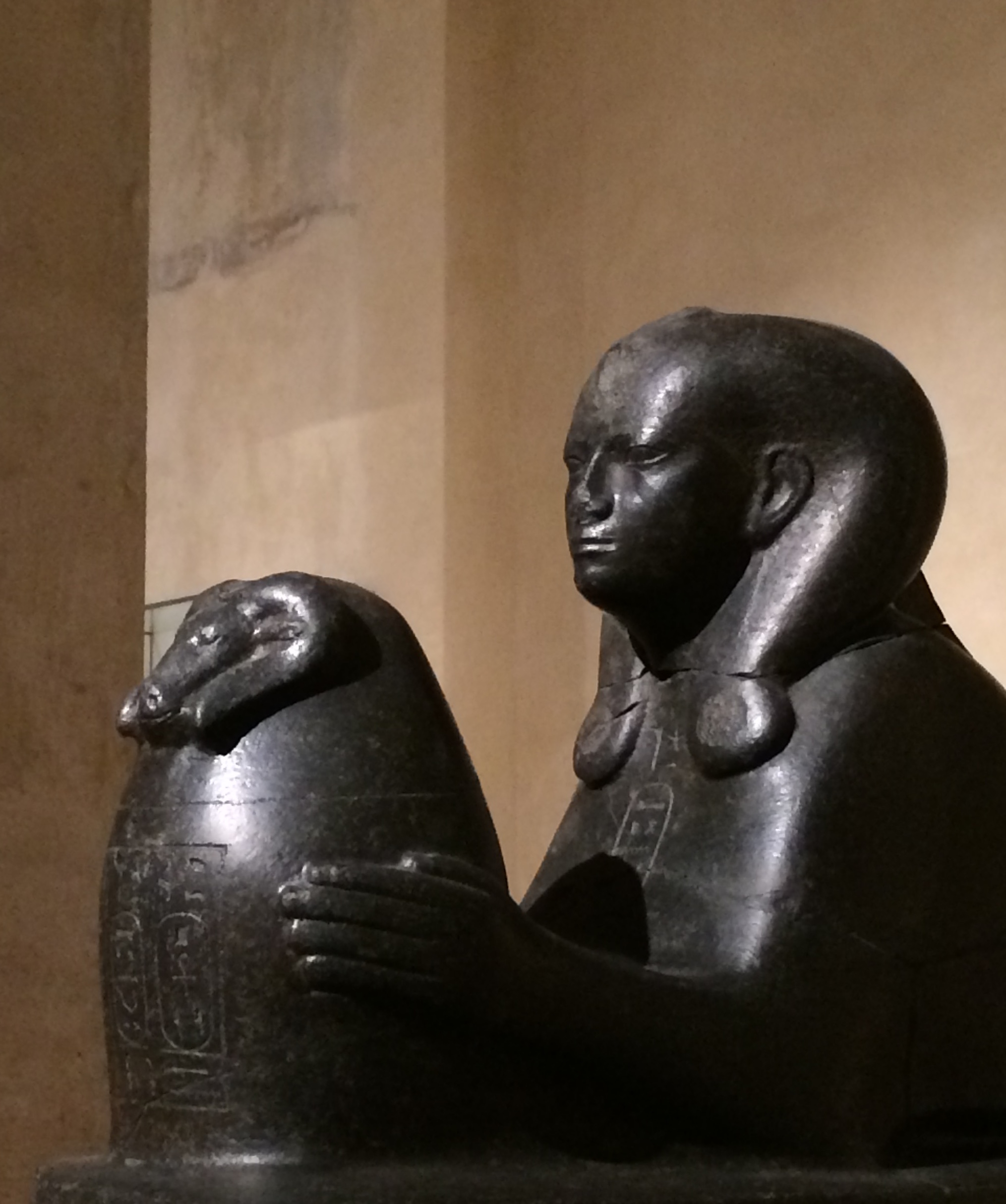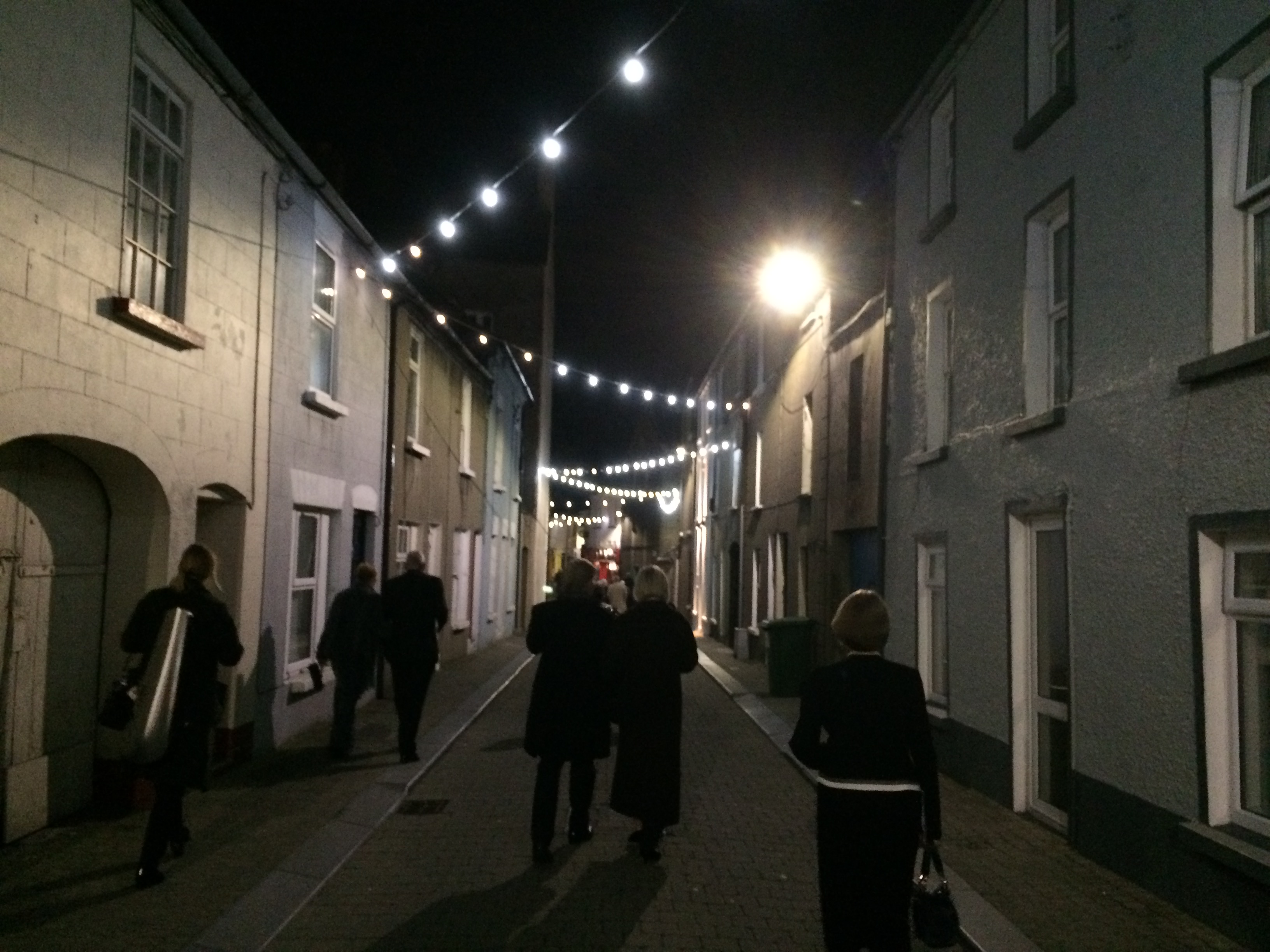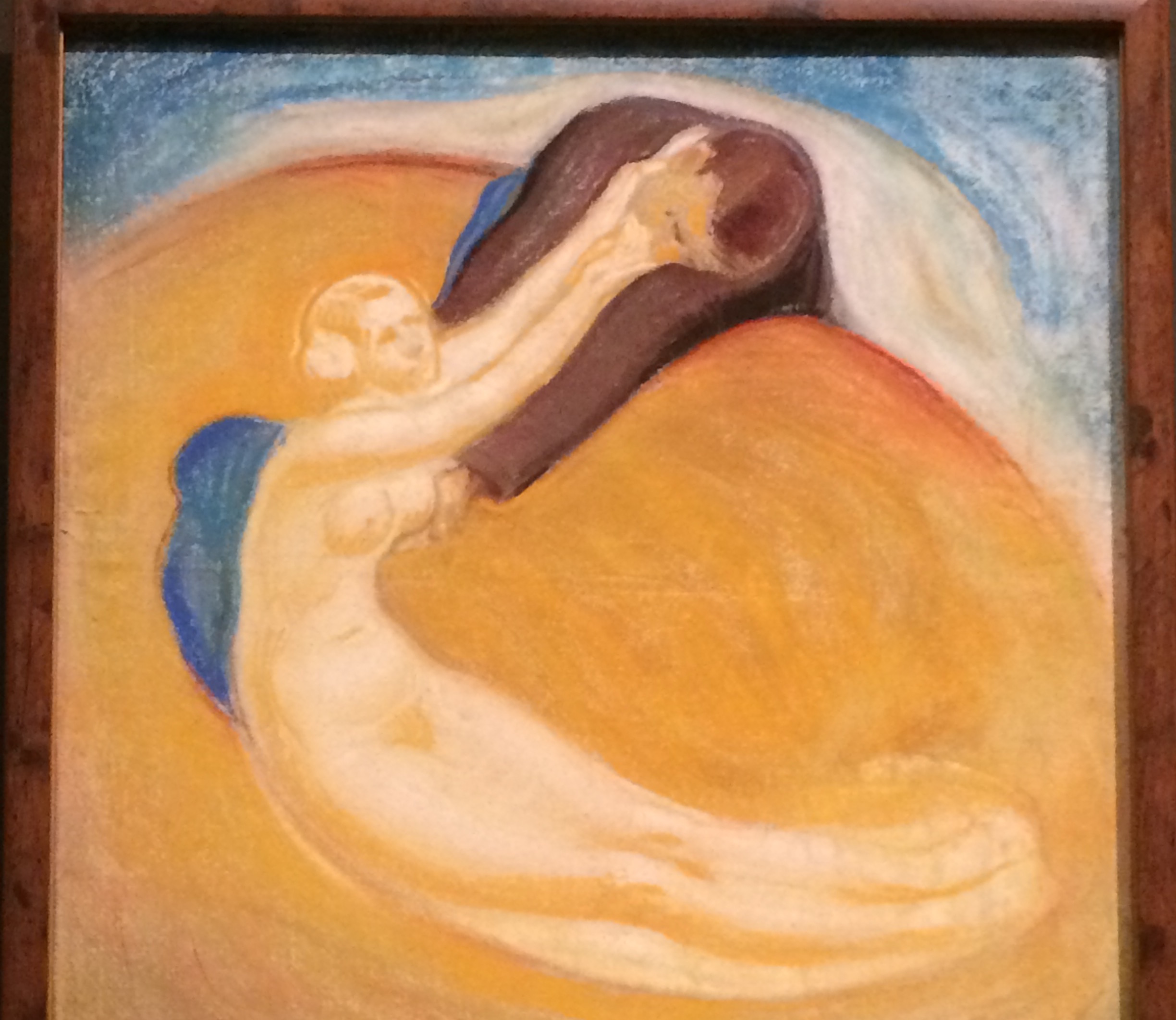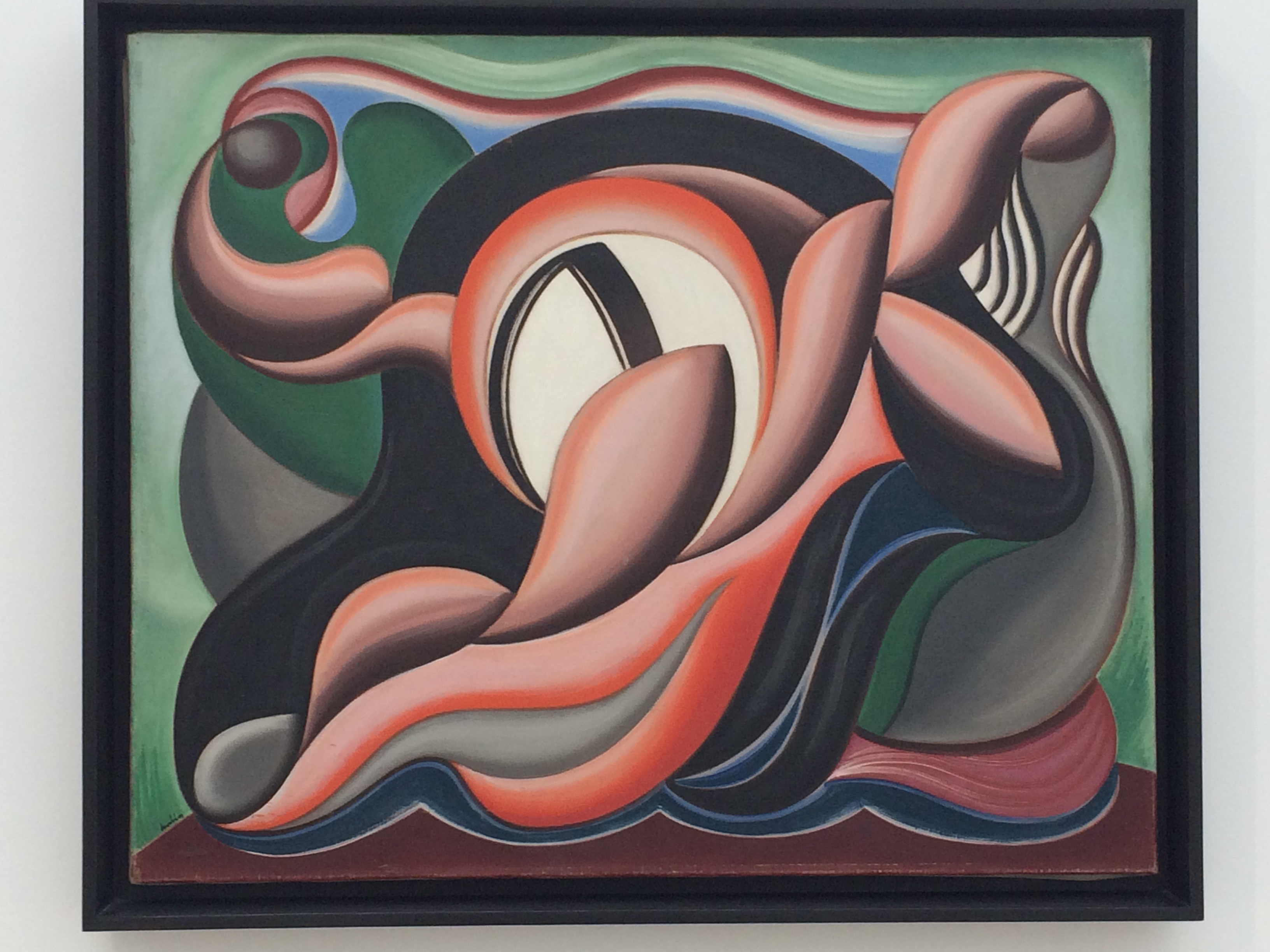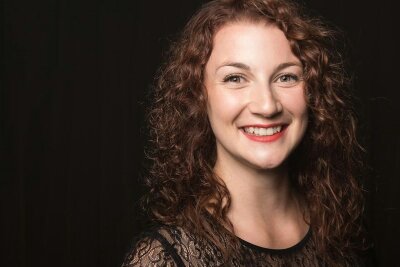There are occasions when a work of art can have such an immense effect that one sees it everywhere, in everything – if not as a whole, then in pieces, like tiny pinpricks at consciousness. One starts to rethink habits, mundanities, high art and fun diversions, all at once; I can’t say if that conceptual stickiness is a measure of some “greatness” or not. What might have an impact at one point in time may not hit the same at another, and as I’ve written before, the c-word is context. As I glance at my almond chocolate bar, take a sip of tea, and look out the window at the rain, recalling so very many carefree July holidays of past times, thoughts turn back and forth (and back) to temptation, choice, bargaining, compromise, consequence… how very close they feel, in news and politics, as much as in art and culture, as much as in love and life and the living of it. Some months ago I watched the Oscar-winning 1981 film Mephisto about a German actor in Nazi-era Germany who makes a morally reprehensible bargain in order to climb to the top of the arts ladder. It may be a testament to director István Szabó’s cinematic mastery (he won an Oscar for it, after all), or simply the reality of heavy outside factors (war, recession, pandemic), or just spooky timing (I watched it on Walpurgisnacht, quite by accident) – whatever the reason, Mephisto has stayed, sitting on the brain, a fuzzy cat on a warm stove, refusing to budge and making its presence known through every hair and whisker.
The story’s roots have had a pervasive influence across various cultural forms, underpinned by the relentless human drive for success (validation, applause, acclaim, some form of assurance) which exists in forever atonal tension with more humble pursuits. Functional equilibrium is often a fast dance of negotiation performed in a mostly (or more precisely, presumed) moral vacuum. This “dance” has resonance in an age when so much of what we see, hear, taste, experience, order, and use has such a huge and mostly silent labour force behind it. There is a measure of Faustian bargaining behind the anodyne gestures of modern life – tapping the app, subscribing to the service, letting the thermostat decide, asking Siri or Alexa. The cha-cha dance of negotiation is easy if we don’t see who’s playing in the band, or have to stop and consider the details – footing becomes less steady once we do have that knowledge and awareness (maybe), but momentum continues apace, empathy being, of course, the most expensive thing to be careful not to lose footing over; the fall would be too expensive, too distracting, we’d lose our timing and a place on the dancefloor. In 1965-66 Hannah Arendt examined the ideas of morality, conscience, judgement, and the role of divinity in “Some Questions Of Moral Philosophy” (subsequently published as part of Responsibility and Judgement, Schocken Books, 2003), noting that “ours is the first generation since the rise of Christianity in the West in which the masses, and not only a small elite, no longer believe in “future states” […] and who therefore are committed (it would seem) to think of conscience as an organ that will react without hope for reward and without fear of punishment. Whether people still believe that this conscience is informed by some divine voice is, to say the very least, open to doubt.” (p. 89; Schocken Books/Random House Canada edition) The gaping void created by such doubt points at a yearning for meaning, or even simple connection – for attention to be directed purposefully.
The story of Faust speaks to this longing. The doctor who longed for youth and riches, who sold his soul to the demon Mephistopheles in exchange for earthly pleasure, has a deep resonance with the vagaries of culture (socio-economic as much as artistic), and with the ways culture (in all its forms) is accessed, experienced, understood, and accepted – or not. The present is empty, says the Faust myth; the future is murky; history is forgotten – what matters is how well one plays the game. History, however, is uncomfortably near, more visceral than at any other point in history, unfolding live on our television screens and computer monitors and TikToks and Twitter feeds. How much we choose to engage, or ignore, is individual, a negotiation as near as filling the online cart, tapping an App for a ride, hitting “subscribe” on a TV screen. It’s all so easy, which makes forgetting the deals we made for such conveniences and comforts even easier. Examining the history of Faust is useful for not only appreciating the myth’s sticky qualities in many artists’ minds (it isn’t just me) but for seeing the ways in which its profound and profane elements interact with the spiritual, even nihilistic void which characterizes much of modern life.
Pre-Faust figures are contained within Judeo-Christian storytelling (Simon Magus (d. 65 AD), who tried to buy the power to relay the Holy Spirit from the Christian Apostles John and Peter; St. Cyprian (d. 258 AD) and his dealings with demons) as well as in morality plays popular through the 14th through 16th centuries, the latter exactly paralleling the time of German magician, astrologer, and alchemist Johann Georg Faust himself, a suspicious figure who apparently had the ability to conjure dark forces – and to stir social unrest in the process. The myth around Faust’s life and work began in 1587 with the publication of The Historia von D. Johann Fausten by German printer Johann Spies, which in turn led to English playwright Christopher Marlowe penning The Tragical History of Doctor Faustus in 1592. Spies’ original version was edited and ultimately re-published, and read by a great many across Europe. Printing, as I like to remind my first-year media students, was a very big deal, firing up imaginations, emotions, mental investment, and spiritual fervour. Amongst those keen readers was a young Johann Wolfgang von Goethe (1749-1832) whose influential reworking of the story went on to be published in two parts, its second posthumously, in 1808 and 1832, respectively, and the rest, as they say, is history – except that it isn’t. Generations of writers have since been thusly inspired, perhaps most famously Thomas Mann (1875-1955) whose Doktor Faustus: Das Leben des deutschen Tonsetzers Adrian Leverkühn, erzählt von einem Freunde (“Doctor Faustus: The Life of the German Composer Adrian Leverkühn, Told by a Friend”), published in 1947, is a hauntingly brilliant integration of mythology, culture, politics, and personal response to the horrors of the Second World War. Other writers including Oscar Wilde (The Picture of Dorian Gray, 1890), C.S. Lewis (The Screwtape Letters, 1942), Mikhail Bulgakov (The Master and Margarita, 1967) and John Banville (Mefisto, 1986), to name just a few, have taken the original tale (be it Spies’, Marlowe’s, Goethe’s, or some combination) as a basis from which to explores themes relating to spiritual void, to compromise and cost, to cultivation of the soul amidst ever-unfolding developments in technology, science, medicine, and mechanics. Such developments have served to intensify the myth’s durability, even as they continue to power creative imaginations.
Thus have classical composers also been duly inspired: Berlioz’s La damnation de Faust (1846); Schumann’s Szenen Aus Goethes Faust (1844-53); Liszt’s Faust Symphony (1854); Gounod’s Faust (1859); Boito’s Mefistofele (1867) – these are all arguably the most famous opera/classical versions. Many more exist (Spohr, 1813; Radziwill, 1835; Hervé, 1869; Boulanger, 1913; Busoni, 1924; Prokofiev, 1941-42; Schnittke -cantata 1984-5, opera 1993; Fénelon, 2003-2004; Dusapin, 2006 – a partial list) and are explored in Music In Goethe’s Faust, edited by Lorraine Byrne Bodley (Boydell and Brewer, 2017). An captivating (and certainly, covid-era useful) blend of music and theatre is L’Histoire du soldat (“A Soldier’s Tale”), Stravinsky’s 1918 work which takes the Faustian elements of a Russian folk story and brings them alive in a zesty chamber format. The work has enjoy a diverse recording and performance history (including a 2018 release narrated by Roger Waters), with the tale of the soldier making a deal with, and then outwitting (maybe) the devil at his own game. On film, 1971’s The Mephisto Waltz (based on the 1969 novel of the same name by Fred Mustard Stewart) is arguably the best example of the fusion of Faustian mythology, classical music, and schlocky occult horror, with various forms of bargaining and the temptation of great artistry used as central plotting devices. Unsurprisingly, Faustian mythology has also made its way into the world of comics (Marvel specifically), with Mephisto taking his demonic place in 1968 among a varied cast of characters, and positioned by Stan Lee and (writer) and John Buscema (artist), rather suitably, as one of Spider-Man’s chief adversaries. Marvel-Mephisto went on to get the Hollywood treatment, first in 2007’s Ghost Rider (played by Peter Fonda) and its 2011 sequel, Ghost Rider: Spirit of Vengeance (played by Ciaran Hinds), taking one of many pleasing guises as befits his devilish roots. The story has predictably influenced the world of popular music too, and in the early 1990s, became a theatrical element in U2’s mammoth ZOO-TV tour. Bono took Szabó’s film as inspiration for an onstage persona in the band’s European stadium dates, with the white-faced, platform-heeled character of “MacPhisto” cleverly milking and mocking the celebrity-worship that comes with rock and roll superstardom. The uneasy relationship with fame, creativity, and success (and the associated compromises and costs) bubbled up in Bono’s later lyrics, including 2004’s “Vertigo”, which references the biblical story of Satan tempting Jesus in the desert: “All of this can be yours,” he whispers, “just give me what I want, and no one gets hurt.”
Such variance across cultural formats and media testify to the myth’s durability, as the lines between art, faith, entertainment, and politics grow ever more blurred in the 21st century. The Faust Legend: From Marlowe and Goethe to Contemporary Drama and Film, by Sara Munson Deats (Cambridge University Press, 2019) examines various Fausts through the ages. Deats writes in the Prologue that “the Faust legend has served throughout the years as a kind of Rorschach test, in which the narrative assumes different shapes depending on the perspective of the author who adapts it and the customs and values of the period in which it is written, with the meaning of the legend shifting to reflect the zeitgeist of a given era or place. Thus the Faust avatar’s desideratum – the goal for which the hero sells his soul – often reflects the values of a specific society, even as the character of the Devil evolves to represent a particular culture’s concept of evil.” Munson Deats includes analyses of various cinematic adaptations, notably F.W. Murnau’s visually sumptuous 1926 version, in which the characters and their respective worlds are depicted as simultaneously alluring and terrifying. That contradiction hits precisely where it matters, because it connects directly with the dark heart of Szabó’s vision of Mephisto. Based on the 1936 novel of the same name by Klaus Mann (1906-1949) which was itself inspired by Mann’s brother-in-law, actor and purported Nazi collaborator Gustaf Gründgens, the film explores the path of provincial actor Hendrik Höfgen (Klaus Maria Brandauer), who becomes celebrated through performing the role of Mephistopheles in Goethe’s Faust in Berlin of the 1930s, to the acclaim of ever-growing Nazi audiences; ultimately he becomes General Manager of the Prussian State Theatre. It is a haunting, brilliant work that speaks directly to our age in seductive whispers – until the final scene, that is, where Hendrik caught in a ‘crossfire’ of spotlights in a stadium, the eerie centre of attention, as shrieks of “Schauspieler!” are hurled at him – a horrendous twisting of Goethe’s conclusion which portrays a vital form of divine grace. Whither grace? Who cares? It’s too late. As film critic Roger Ebert noted in a 2008 review, “there are many insults, but the most wounding is simply the word “actor”” – it is withering, terrifying, aimed with chilling precision. Evil, as the design, cinematography and Szabó’s careful directorial approach imply, is not a cliched, easily identified thing, but, as Arendt might say, banal– if entertaining, charming, well-spoken, well-dressed, a point made repeatedly throughout its 2.5-hour running time. Hendrik’s narcissism has, in the world Szabó paints, been been costumed in the lofty robes of a celebrated artistry, one which thrives in a self-contained vacuum of continual approval and unquestioning worship. There is no right or wrong in this comfortable vacuum – there can’t be – there is only the next performance, only the next work, on and off the stage – whether for the general public; the art-loving General (Rolf Hoppe); Hendrik’s wife (Krystyna Janda); his lover (Karin Boyd), whose outsider status as a mixed-race woman allows for a biting perspective on his world, one he doesn’t see the need to take seriously until he is faced with the reality that his love of such a vacuum has robbed him of his authentic self, his artististry, and ultimately his true exercise of free will. “The uniforms are deliberately fetishistic,” Ebert continues, “to wear them is to subjugate yourself to the system that designed them.”
This observation has come to mind every time I see a promotion for Prime Video series The Boys, a show filled with every assortment of colourful costume, almost all uniformly (I write this ironically and not) indicating subjugation to a very specific system (inner and outer), ultimately playing to a company culture in which the imaginary and the real inevitably blur. Based on the aughties comic of the same name by Garth Ennis and Darick Robertson, the Emmy-nominated program takes the vividly binary world of the saviour trope and presents it in a million shades of grey, with some tremendously sticky, messy splashes of red splattered across the glass of innumerable shiny buildings (including Toronto’s Roy Thomson Hall, home of the Toronto Symphony Orchestra). Broadcast via Amazon’s streaming platform since 2019, the third season of The Boys recently concluded and further explored the intersections of ethics, self, success, curation, image, popularity, celebrity, community, and stealth corporate culture. Playing with the superhero idiom and its immense influence across popular culture opens the door to clever, sometimes brutal portrayals of said elements, with many bizarre gags Dali himself might have applauded. (i.e. the infamous Season 3 Episode 1 penis scene). No character in the ensemble emerges as noble – not the supposed heroes (who are damaged), not the supposed good guys (who are even more damaged), not well-meaning parents (who are almost wholly abusive), not even (yikes) the children. There is a quiet question as to whether any of them are truly redeemable, and the answer, rather wisely on the part of the writers and showrunner Eric Kripke, is left to viewers. But in true Faustian fashion, the show presents those big and small pacts in the most seductive manner possible in modern life: with ease and the promise of minimum effort. If you want this, of course you can have it, but it will cost you, and you will leave your soul at the door – and what’s more, everyone will cheer (as the season finale clearly showed – the banality of evil indeed). Vividly muscular superhero costumes; perfect hair; shiny white teeth – terrible loss; exploding/melting body parts (heads, genitalia); outlandish scenarios (boat speeds into nasty whale) – every element paints an unremittingly bleak world populated with single-minded entities operating within their own bubbles; Hendrik Höfgen would surely recognize all of it.
But again: where is the grace? Whither the price of those bargains? Who cares? The largely nihilistic world of The Boys is a natural extension of Faustian mythology and clearly embodied within the series’ chief characters, Billy Butcher (Karl Urban) and Homelander (Antony Starr). Writing about Mephisto at The Calvert Journal in 2018, Carmen Gray noted the film shows how self-deception is an integral part of fascism’s incremental seductiveness” – an observation applicable to these characters and their wildly different window dressings, if strikingly similar yearnings to fill respective inner voids. The eponymous boys are presented as variants of an archetypal Everyman, which echoes the series’ initial presentation as a sort of modern-day morality play, albeit one with heaping mounds of swear words, sticky bodily fluids, flying fists, and smirking bravado; they’re us, but they are, but they’re not… but. Every man (being) here is “supe” (superhuman, that is) as lines over the most recent season continue to blur allegiances and sympathies. In press interviews leading up to the season launch in June, Urban remarked on the journey of his character: “Are you willing to become the monster to defeat the monster? And if you are, what is the cost of that?” Such inner debate is fraught with mythological connection and underlined via the dualistic qualities which manifest in a cancer diagnosis being the ultimate price for a Faustian knowledge/ability Butcher was never meant to possess. Such duality carries over as much in the scenes with the quasi-hero Homelander, as to those with Super-Everyman good guy(ish) Hughie (Jack Quaid), and also to the scenes involving the show’s vigilante crew, which includes Frenchie (Tomer Capone), Kimiko (Karen Fukuhara), and Mother’s Milk (Laz Alonso). Even if the blanket of moral absolutism is made soggy with running torrents of grey muck (with those sticky red splashes – surely a real-life Mephistophelian deal for the cast, that), there remains a kernel of truth once the superhero storms settle: these are damaged people desperately seeking some form of meaningful connection (divine/earthy; superhuman/normal human). Though the world of The Boys strongly hints that such a connection may never manifest, there is a tiny hope, glimmering like blood on shards of glass. As the Angels say at the close of Goethe’s Faust, “He who strives on and lives to strive / Can earn redemption still.”
Deats writes in the Epilogue for The Faust Legend that “(h)ow we resolve the temptation to make our own personal pact with the Devil will define our identity” – something she suggests is the real significance of the myth. I would go one step further: how one lives with the consequences of that pact, and how much awareness one brings to the ways in which such pacts affect others, is what really matters, and what might possibly lead to some form of grace. As to what “defines” identity, those definitions change, and have to; what was unthinkable to someone in peacetime suddenly becomes normal, even ordinary, in war. But how much can (should) one choose to live in a complete vacuum, and for how long? How many pacts must be made – to live comfortably, creatively, productively, with dignity and purpose and clarity, with compassion and contemplation, cultivating some form of meaningful connection, extending some form of tenuous trust? How many apps to tap? How many subscriptions to buy? How many more times will I lose my footing in this dance? Hannah Arendt wrote in the aforementioned 1965-66 essay (published as part of Responsibility and Judgement) that “If you are at odds with your self it is as though you were forced to live and have daily intercourse with your own enemy. No one can want that.” (p. 91) As I type on my Mac, sipping semi-warm tea, nibbling at chocolate from far away, an overhead fan whirring on full power, gazing at the robins pecking at the delicate green patches of a boxy lawn… who am I to disagree? Accepting the terms of pacts required for daily living is difficult, but I persevere, trying to ignore the nattily-dressed figure in the corner who is ordering, subscribing, filling the cart, dimming the lights, sipping wine, and smirking. It looks like me, and maybe, just maybe, it is.

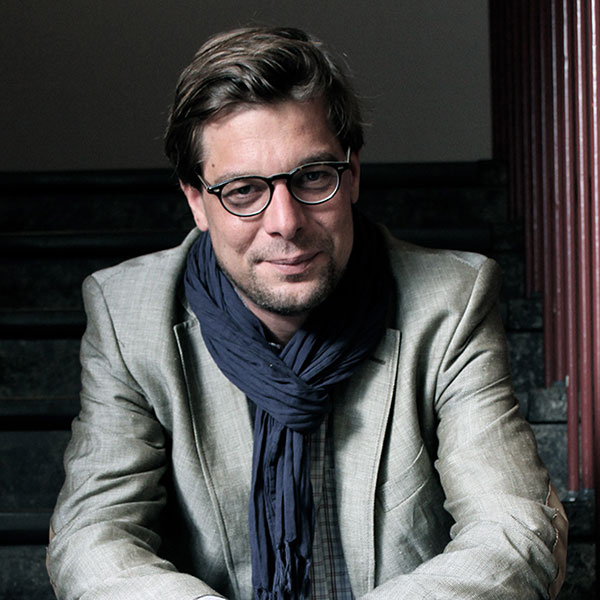
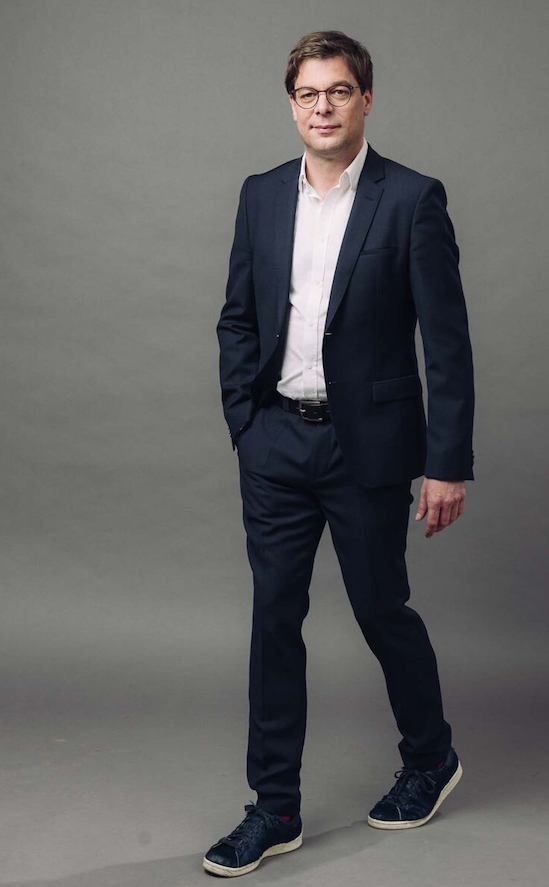 Reading your article I was struck as to why arts journalism isn’t conducting these kinds of investigations during a war in which so many cultural figures – and organizations, and programming – are affected.
Reading your article I was struck as to why arts journalism isn’t conducting these kinds of investigations during a war in which so many cultural figures – and organizations, and programming – are affected. 